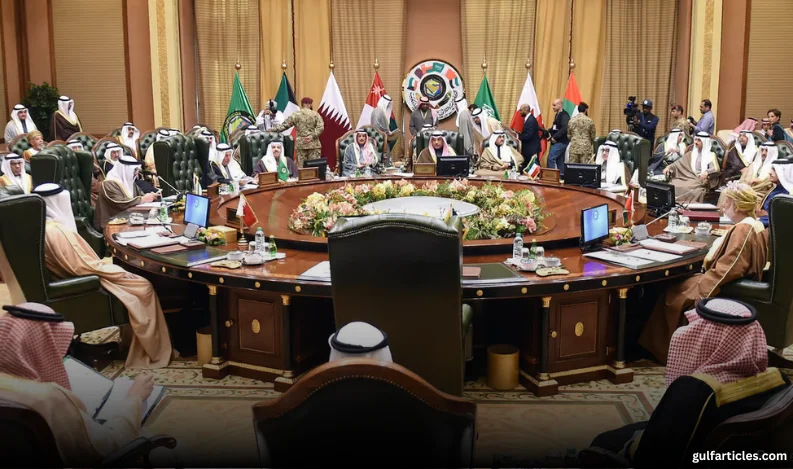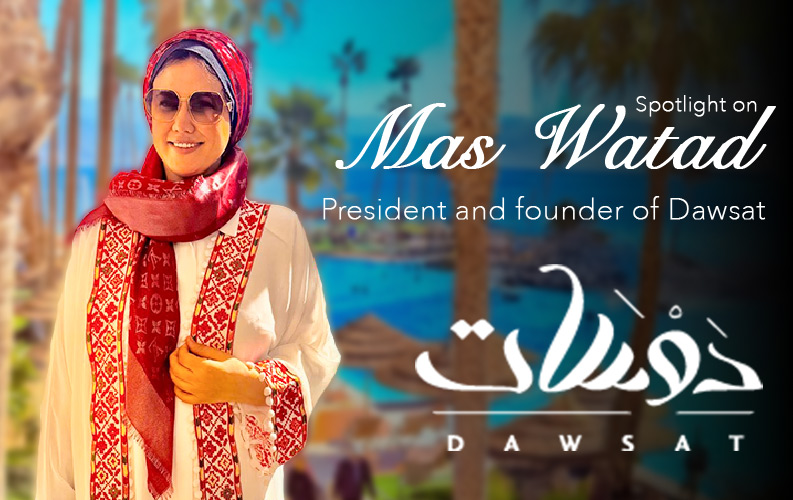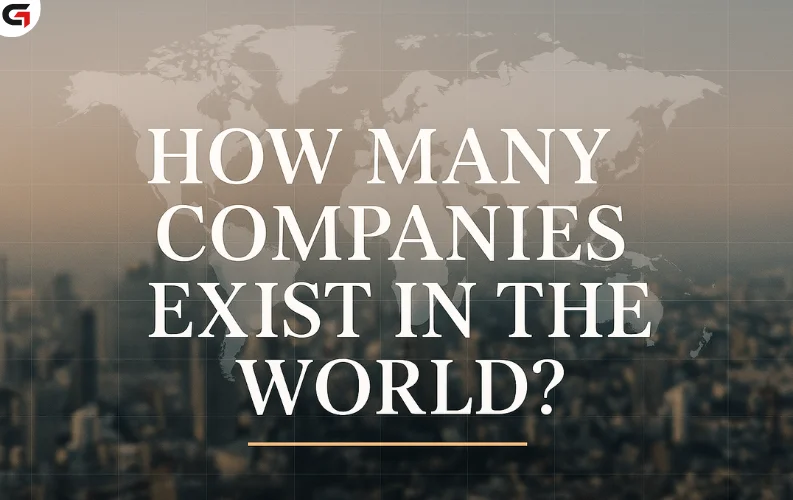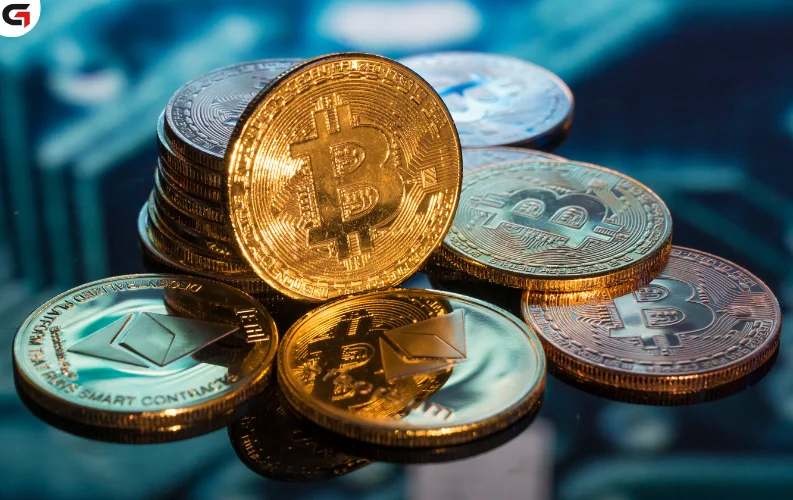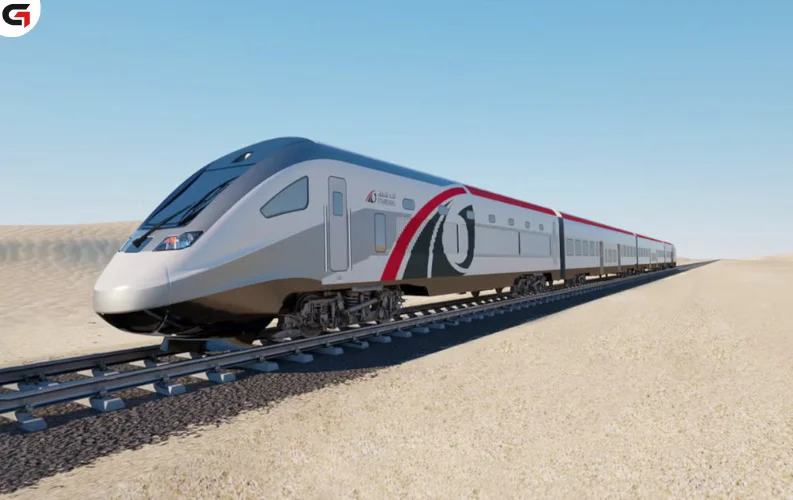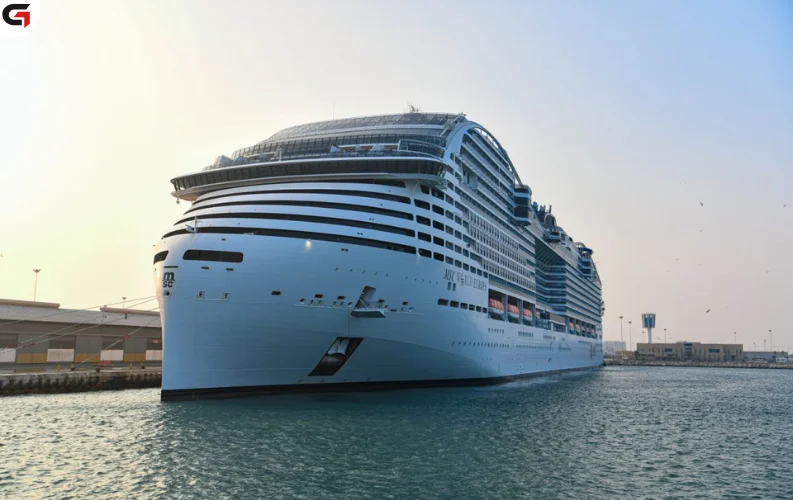The Gulf Cooperation Council (GCC), established in 1981, is a regional political and economic alliance comprising six member states: Bahrain, Kuwait, Oman, Qatar, Saudi Arabia, and the United Arab Emirates (UAE).
The GCC has played a crucial role in fostering economic growth, political cooperation, and security collaboration among its members. With its vast natural resources, strategic location, and progressive development plans, the GCC continues to influence global markets and politics. However, the region also faces several internal and external challenges that impact its stability and economic future. This article explores the strengths, challenges, and future prospects of the GCC in an evolving global landscape.
Strengths of the GCC
1. Economic Powerhouse
-
The GCC countries possess some of the world’s largest oil and gas reserves, making them key players in the global energy market.
-
Diversification efforts, such as Saudi Arabia’s Vision 2030, the UAE’s focus on technology and tourism, and Qatar’s expansion into financial services, are driving new economic opportunities.
-
A common market and customs union facilitate trade and economic cooperation within the region, reducing trade barriers and fostering intra-regional investments.
-
The GCC is home to some of the wealthiest nations in the world, with high GDP per capita and strong sovereign wealth funds that provide financial stability and investment capabilities.
-
The tourism industry, especially in the UAE and Saudi Arabia, is expanding rapidly, attracting millions of visitors annually through mega-events, luxury resorts, and cultural experiences.
2. Strategic Geopolitical Position
-
The GCC sits at the crossroads of major global trade routes, enabling strong maritime and aviation industries.
-
Strong diplomatic ties with global superpowers enhance the council’s influence on international affairs, making it a key partner in global economic and security matters.
-
Regional security collaborations, including joint military exercises and intelligence-sharing agreements, help maintain stability in an often volatile geopolitical climate.
-
The region has played a critical role in global energy security, ensuring a steady supply of oil and gas to major economies worldwide.
-
The establishment of free trade zones and business-friendly policies has made the GCC an attractive destination for foreign direct investment (FDI).
3. Infrastructure and Technological Advancements
-
The region boasts some of the world’s most advanced cities, including Dubai, Riyadh, and Doha, which serve as global business hubs.
-
Investments in smart cities, artificial intelligence, blockchain, and renewable energy projects position the GCC as a leader in technological innovation.
-
High-quality transportation networks, including modern airports, rail systems, and deep-sea ports, boost connectivity and facilitate trade and tourism.
-
Digital transformation is accelerating in banking, healthcare, and education sectors, enhancing service delivery and economic efficiency.
-
The GCC governments are actively supporting entrepreneurship and startup ecosystems to drive innovation and job creation.
Challenges Facing the GCC
1. Economic Diversification and Oil Dependency
-
Despite diversification efforts, oil and gas revenues remain the primary economic driver for most GCC nations.
-
Fluctuations in global oil prices create economic vulnerabilities, impacting government revenues and national budgets.
-
Accelerating investment in non-oil sectors, such as technology, renewable energy, logistics, and financial services, is crucial to ensuring long-term sustainability.
-
The transition to a knowledge-based economy requires increased investment in education and workforce training to equip citizens with relevant skills.
2. Regional Political and Diplomatic Tensions
-
Occasional diplomatic disputes among member states have tested unity within the GCC, affecting economic and political integration efforts.
-
Differences in foreign policy approaches and alliances with external powers can create friction in regional decision-making.
-
Strengthening diplomatic coordination through enhanced mediation and conflict resolution mechanisms is essential for long-term stability.
-
The GCC must navigate complex relationships with neighboring countries, including Iran and Turkey, to maintain regional peace and security.
3. Labor Market and Workforce Challenges
-
Heavy reliance on expatriate labor raises concerns about employment opportunities for local citizens, necessitating effective labor market reforms.
-
Nationalization initiatives, such as Saudi Arabia’s Saudization program and the UAE’s Emiratization policy, aim to increase local workforce participation but require careful implementation to balance economic needs.
-
Encouraging entrepreneurship and small and medium-sized enterprises (SMEs) is vital for reducing youth unemployment and fostering economic growth.
-
The education system must be restructured to align with the demands of emerging industries, such as AI, cybersecurity, and renewable energy.
Future Prospects of the GCC
1. Economic Reforms and Visionary Strategies
-
Implementing long-term strategies like Saudi Vision 2030, UAE Centennial 2071, and Qatar National Vision 2030 will help reduce oil dependency and create knowledge-based economies.
-
Digital transformation, AI, and blockchain technology are expected to drive new economic opportunities and enhance global competitiveness.
-
Expansion into emerging industries, such as fintech, biotechnology, space exploration, and e-commerce, will support sustainable growth and attract global investors.
-
Strengthening regional economic integration through a unified currency and expanded trade agreements will further boost economic stability.
2. Strengthening Regional Unity and Security
-
Enhancing political cohesion through diplomatic frameworks, dispute resolution mechanisms, and joint foreign policies can bolster regional stability and cooperation.
-
Strengthening defense and counterterrorism collaborations through intelligence sharing and military cooperation will help ensure regional security.
-
Expanding partnerships with global organizations like the United Nations, the World Trade Organization, and the G20 will enhance international influence and economic leverage.
-
Addressing cybersecurity threats through coordinated regulations and advanced digital defense systems will protect national interests.
3. Green Energy and Sustainability Initiatives
-
The GCC nations are investing in renewable energy projects, such as solar and hydrogen energy, to address environmental concerns and reduce carbon footprints.
-
Sustainable urban planning, green construction, and carbon reduction goals will shape the future of regional development, making cities more livable and resilient.
-
Increased investment in water desalination, agricultural technology, and food security measures will help tackle climate-related challenges.
-
The GCC aims to lead the global transition to a green economy by developing eco-friendly industries and implementing policies that support environmental sustainability.
Conclusion
The Gulf Cooperation Council remains a powerful regional bloc with vast economic, political, and strategic significance. While challenges such as economic dependency, regional tensions, and labor market issues persist, the GCC’s proactive strategies for diversification, digital transformation, and sustainability offer a promising future. By fostering unity, embracing technological advancements, and investing in renewable energy and human capital, the GCC is well-positioned to strengthen its global standing and achieve long-term prosperity. Through continued innovation and economic reform, the GCC will remain a key player in shaping the future of the Middle East and beyond.
You may also like:-



